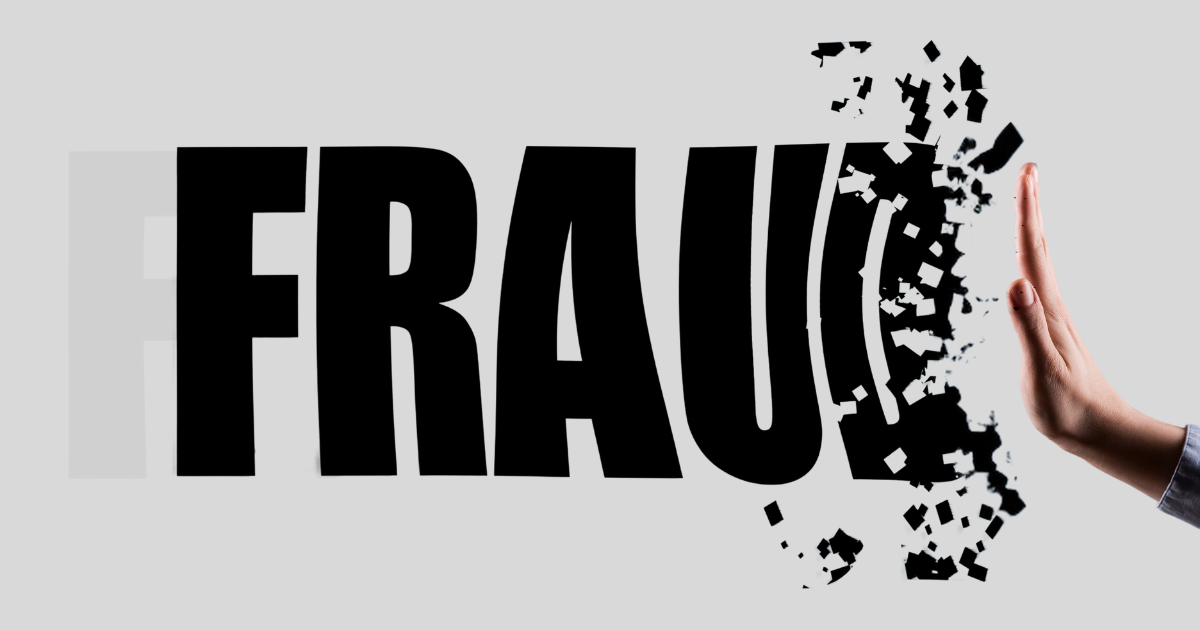
In today’s digital age, scammers are becoming increasingly sophisticated, using tactics like fake fraud alerts to trick unsuspecting victims. These alerts might seem legitimate, but they’re actually a dangerous tool used by criminals to steal your personal information and money. Learn how to spot these fraudulent messages and protect yourself.
Understanding Fake Fraud Alerts
These alerts often appear as emails, text messages, or phone calls, seemingly from your bank, credit card company, or other financial institution. They might warn about suspicious activity on your account, unauthorized transactions, or security breaches. Their goal? To panic you into clicking malicious links, calling fraudulent numbers, or revealing sensitive information.
How to Spot a Fake Fraud Alert
- Don’t click or call: Avoid clicking on links or calling numbers directly from the alert. Instead, verify the information independently by contacting your financial institution through official channels.
- Scrutinize the source: Examine the sender’s email address or phone number carefully. Fraudulent messages often come from unfamiliar or suspicious sources.
- Beware of urgency: Scammers create a sense of urgency, pressuring you to act quickly without thinking.Legitimate institutions won’t force you into immediate action.
- Never share personal information: Don’t disclose personal or financial details (Social Security number, account numbers, passwords) to anyone contacting you through unsolicited alerts.
What to Do if You Receive a Fake Fraud Alert
- Report it: Contact your financial institution immediately to report the alert and confirm the security of your accounts.
- Notify authorities: File a complaint with the Federal Trade Commission (FTC) and your local law enforcement.
- Spread the word: Share your experience with friends, family, and on social media to raise awareness about this scam.
Protecting Yourself from Fraud
- Stay informed: Keep up-to-date on common scams and fraud tactics.
- Use strong security measures: Employ strong passwords, two-factor authentication, and antivirus software.
- Monitor your accounts: Regularly review your financial statements for any unauthorized activity.
By staying vigilant and informed, you can safeguard yourself from falling victim to fake fraud alerts. Remember, your financial institutions will never ask for sensitive information through unsolicited messages. If in doubt, always verify directly with the official source.

Comments are closed.